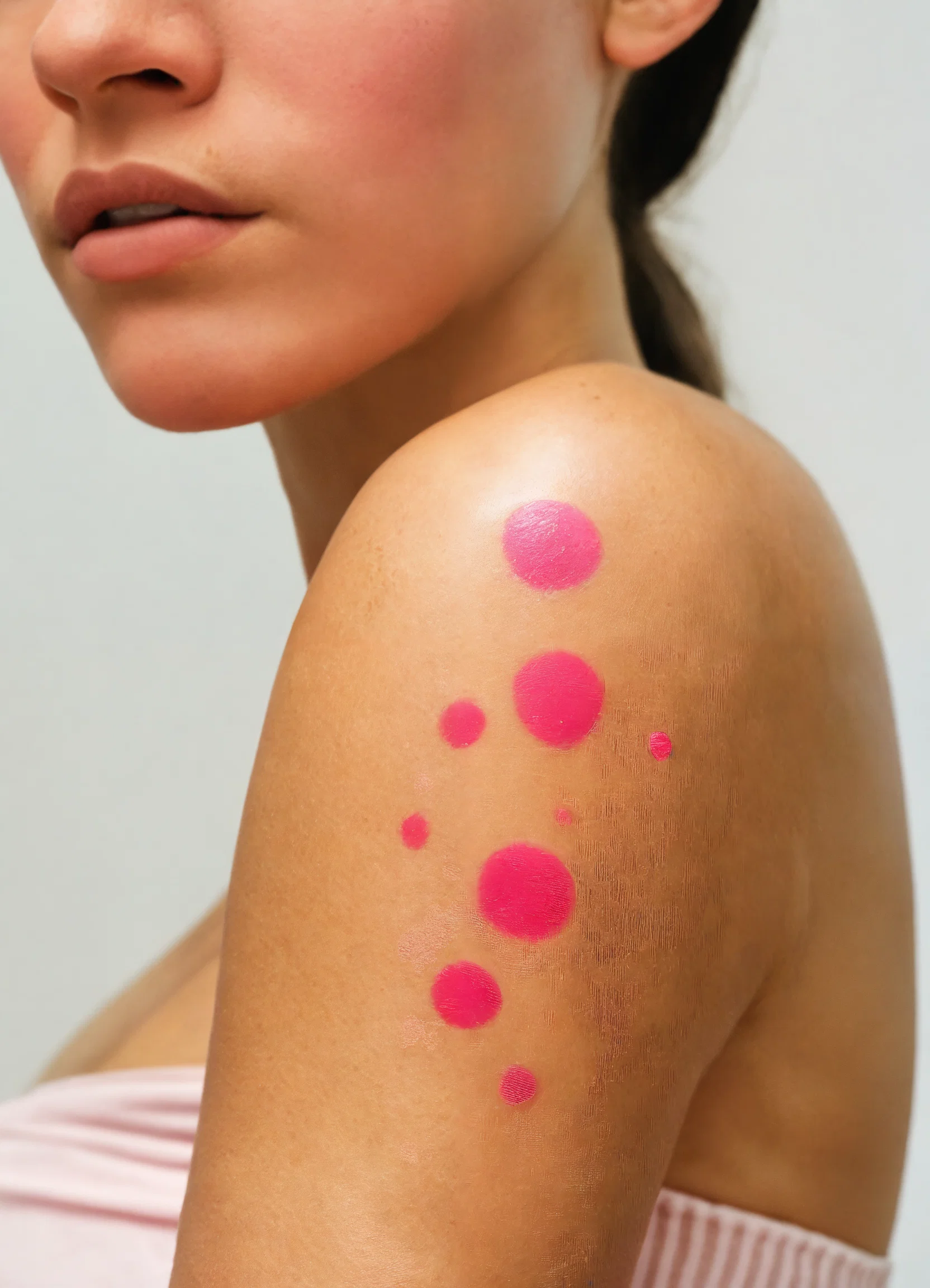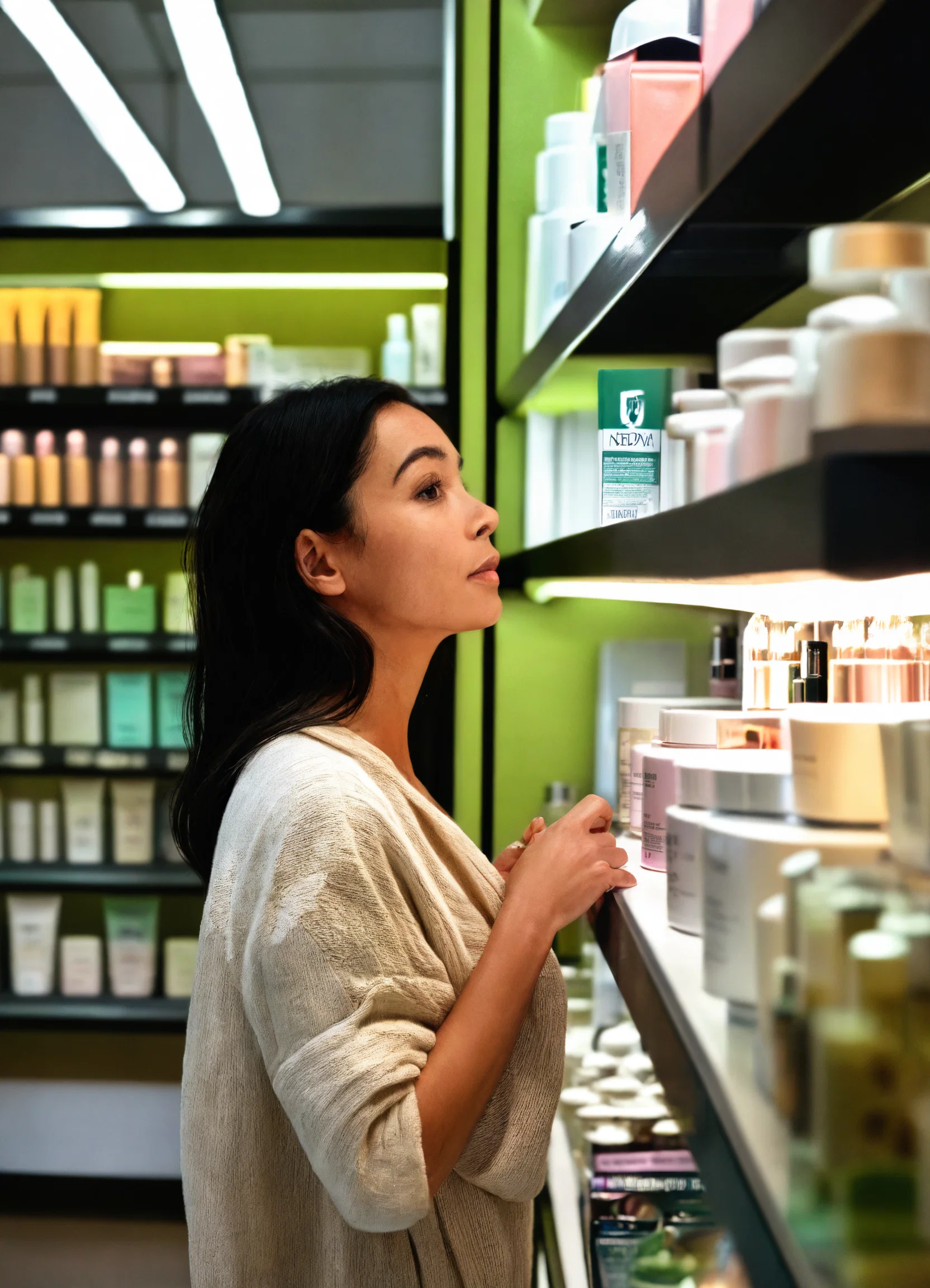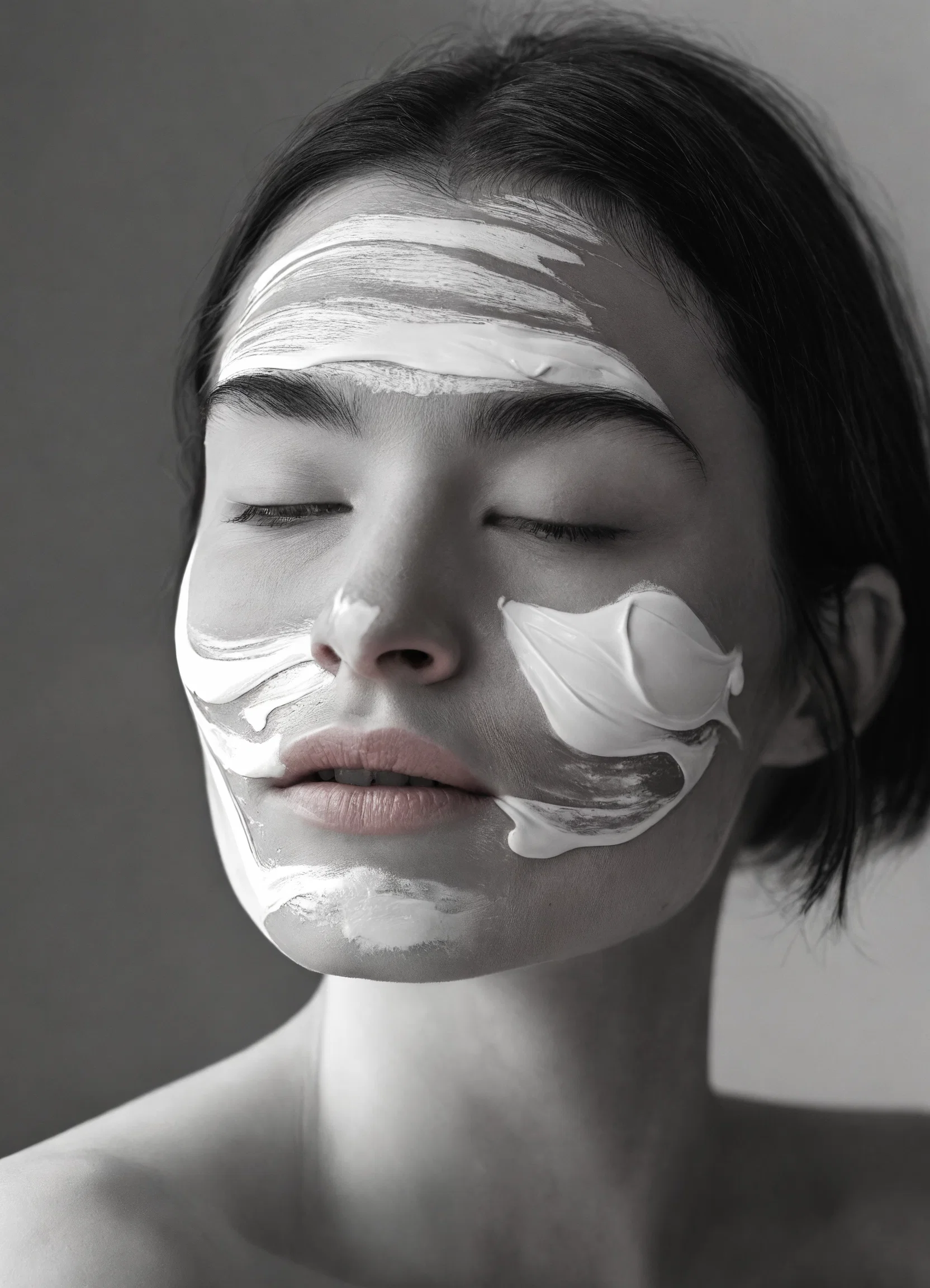Tag: Dermatitis
-

Healthy Skin is Dirty Skin: Why We Need Bacteria and 3 Best Products
Fifteen years ago, we were obsessed with scrubbing our skin until it squeaked, slathering on hand sanitizer, wearing shoe covers, and washing our hands with antibacterial soap – all in an effort to rid ourselves of bacteria. We believed that cleanliness equaled health. Today, science (and we also) recognizes that each of us has a…
-

Second Skin: 8 Products with Natural Moisturizing Factor and When to Use Them
NMF (Natural Moisturizing Factor) is a collection of molecules in the stratum corneum of the skin that are responsible for keeping it hydrated. These molecules, including amino acids, pyrrolidone carboxylic acid, urea, sodium, potassium, calcium, chloride, and lactic acid, are naturally present in our skin. A deficiency in NMF leads to quicker aging and the…
-

5 Products That Help Reduce Breakouts
These products, enriched with powerful ingredients, offer targeted solutions for managing and reducing breakouts, ensuring your skin stays clear and healthy.
-

Q: How to test cosmetics for individual reactions before use?
Even if we avoid all potential allergens in cosmetics, there’s always a chance of an individual reaction, where an ostensibly harmless cream like CeraVe might cause redness or burning. For such cases, dermatologists recommend performing patch tests.
-

Q: Don’t you think it’s odd to have bacteria in skincare products? Why are there probiotics in some creams?
At first glance, the idea of adding bacteria to skincare products might seem strange, especially given the common association of bacteria with breakouts and diseases. However, this perspective overlooks the essential role that beneficial bacteria play in maintaining healthy skin.
-

Does Retinol Cause Skin Irritation, Peeling, and Inflammation?
Retinol, a form of vitamin A, is suitable for home use and can be introduced by the user independently. However, during the adjustment period, it can trigger retinoid dermatitis. Why does this happen?
-

Q: What is an individual reaction to skincare products and how to deal with it?
Cosmetic products – from shampoo to lipstick and even perfumes – can cause skin redness, itching, rashes, swelling, or irritation. A dermatological study published in 2010 showed that more than a third of 945 participants had at least one allergic reaction to cosmetic ingredients. Why does this happen, and does it mean that the manufacturer…
-

Q: Can skin “get used to” skincare products?
There is a persistent myth that skin becomes accustomed to cosmetic products, and then they suddenly stop working. To avoid this, cosmetologists, bloggers, and consultants in cosmetic stores often recommend regularly changing or alternating products. Is this necessary?
-

Q: Everyone around me says they have sensitive skin. Maybe I do too? How can I tell?
First and foremost, there are no clear diagnostic criteria for sensitive skin (unless we are talking about skin sensitivity in chronic skin conditions like atopic dermatitis, psoriasis, or rosacea). Both doctors and patients often rely on subjective factors (if your face turns red in the cold – it’s sensitive, if you had a reaction to…

